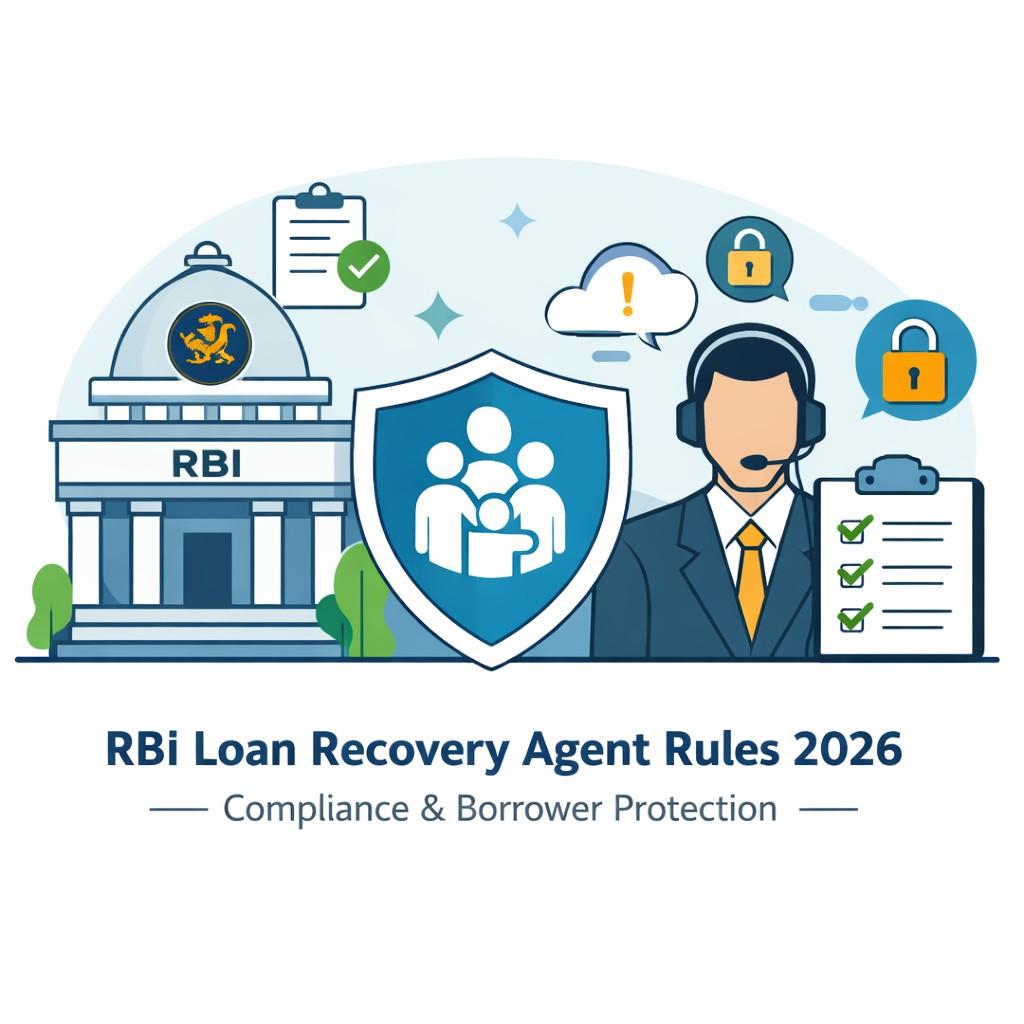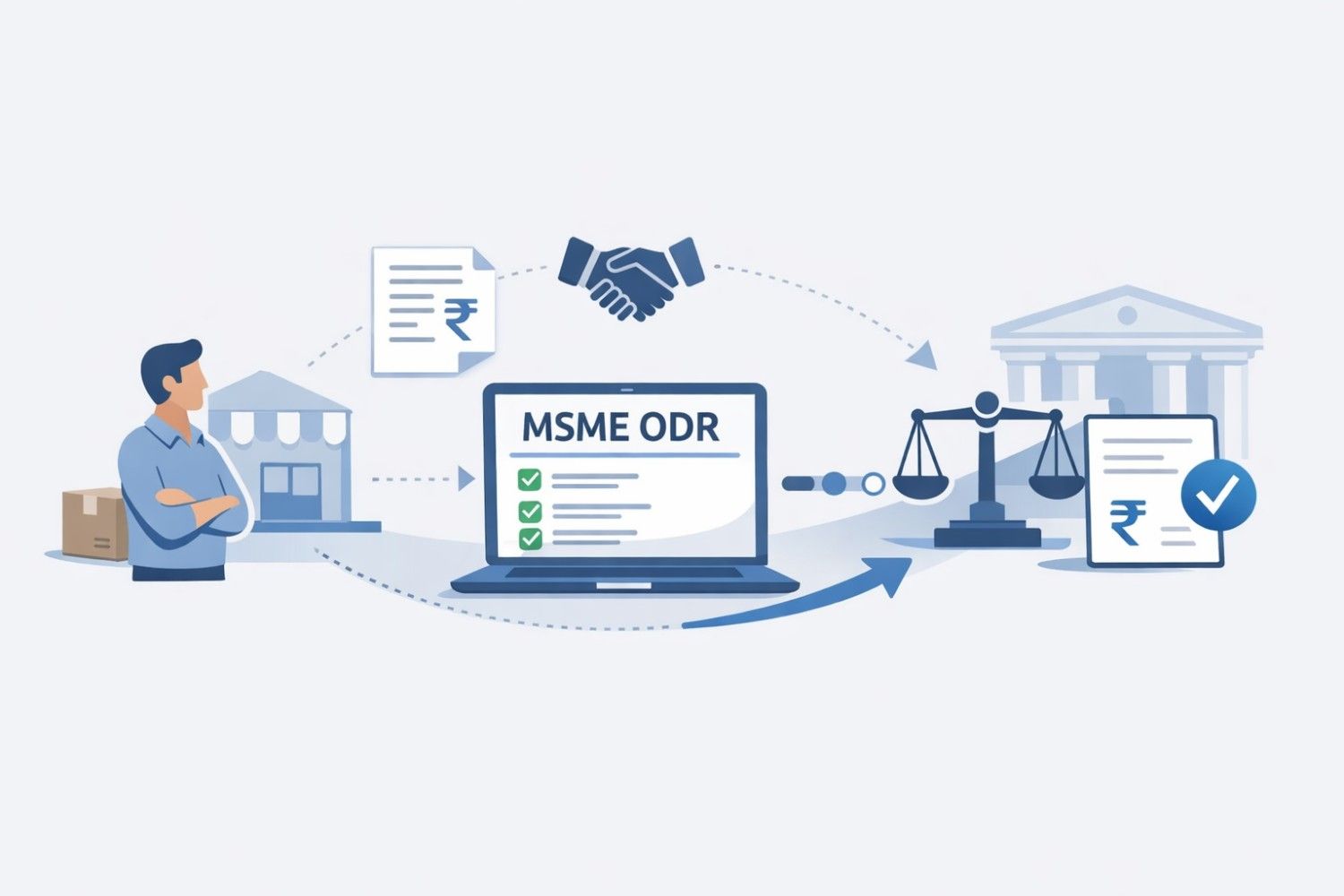Why Every Startup Founder Must Sign an NDA Before Pitching Ideas to Investors?
By the SolvLegal Team
Published on: Oct. 3, 2025, 1:46 p.m.

Every startup begins with a spark, an idea that keeps you awake at night, fills your notebooks with sketches, and inspires endless discussions with friends and co-founders. As a startup founder, there’s nothing more exciting than finally sharing that idea with investors who could help bring it to life. But here’s the uncomfortable truth: the moment you share your idea, you also take the risk of losing control over it.
This is why a Non-Disclosure Agreement (NDA) is one of the most underrated tools in a founder’s toolkit. It is not a wall that blocks opportunities, nor is it a sign of distrust. Rather, it’s a safety net that allows you to be open about your vision while still protecting what you’ve worked so hard to create.
Understanding the NDA in Simple Terms
An NDA is a legal contract, but at its heart, it’s really about trust backed by accountability. It sets boundaries on what can and cannot be done with the confidential information you share. For a founder, that confidential information could be your prototype, your go-to-market strategy, your financials, or even a unique business process that sets you apart. Without an NDA, once you’ve revealed these details, you’re relying entirely on good faith. With an NDA, you at least have a clear agreement that the information cannot be disclosed or misused without consequences.
Why Founders Should Care About NDAs
Startups don’t usually have factories, fleets, or real estate on their balance sheets. What they do have is intellectual property and innovative ideas. That is where their value lies, and that is exactly what an NDA helps protect. By putting an NDA in place, you give yourself breathing room. You don’t need to hesitate before explaining your growth strategy or describing a technical feature because you know that if the information is mishandled, you have legal recourse.
More importantly, you signal to the investor that you are serious about your work. You respect it enough to protect it, and you expect the same respect from them. It is also about avoiding grey areas. Investors might not set out to misuse information, but misunderstandings can happen. An NDA defines boundaries clearly, making it easier for everyone to proceed with confidence.
Do Investors Really Sign NDAs?
Here’s where things get tricky. Many investors are upfront about not liking NDAs. They see dozens, sometimes hundreds, of pitches every month. For them, signing an NDA with every founder is impractical. They also worry about the overlap of ideas. If two startups pitch similar solutions, they don’t want to be accused of stealing concepts just because they signed an NDA with one of them.
From their perspective, NDAs can slow things down. They prefer fast, open conversations without paperwork as a barrier. This is the reality of the startup ecosystem, and founders need to understand it. But that doesn’t mean you should give up on NDAs altogether. It simply means you need to be thoughtful about when and how you use them.
When a Founder Should Push for an NDA
Not every conversation calls for legal protection. An introductory coffee chat with an investor, where you are only explaining the problem you want to solve and your big-picture vision, probably doesn’t require an NDA. You can safely keep that high-level.
However, as soon as the conversation shifts into specifics such as how your technology works, what your financial projections look like, or which customers you’ve secured, an NDA becomes essential. If you are showing an investor your working prototype, your source code, or your detailed customer acquisition strategy, you should not proceed without one.
Think of it this way. The NDA comes into play when you’re no longer just talking about “what” you do but are revealing “how” you do it. That “how” is where your competitive advantage lies, and that’s what must be protected.
Best Practices for Using NDAs as a Founder
So, how do you strike the balance between protecting yourself and keeping investors interested? The key is to treat NDAs as a tool for clarity, not as a weapon.
Keep them short, clear, and to the point. An investor doesn’t want to wade through 15 pages of dense legal text just to hear your pitch. A simple, two- or three-page NDA that lays out the essentials such as what counts as confidential information, how it can be used, and what happens if it’s misused, is more than enough.
It also helps to use a mutual NDA, where both sides agree not to misuse each other’s information. This makes the agreement feel balanced rather than one-sided. Timing also matters. Handing over an NDA at the very first meeting can feel heavy-handed. But waiting until discussions deepen shows that you are professional and thoughtful. Above all, remember that an NDA is not there to build a wall between you and investors. It is there to build trust with clear expectations.
What Should an NDA Contain?
A good NDA doesn’t need to be complicated, but it does need to be specific. At minimum, it should define what “confidential information” includes, such as designs, code, strategies, or financials. It should clarify how that information can and cannot be used, usually restricting it to evaluating the investment opportunity. It must list exclusions, like information that’s already public or developed independently. It should set a time limit for confidentiality, often two to five years. And finally, it needs to spell out the consequences if the agreement is breached, such as damages or legal injunctions.
These elements give the NDA both clarity and enforceability. Without them, it risks being too vague to stand up in practice.
To download our NDA template visit https://solvlegal.com/document-template/non-disclosure-agreement-1/
Handling Pushback from Investors
Even with the best-drafted NDA, some investors will still say no. When that happens, don’t panic and don’t walk away too quickly. Instead, adjust how you approach the conversation. If an investor won’t sign, share only what you need to at a high level. Focus on the market, the problem, and your vision. Hold back sensitive details until trust is established, or until you’re further along in discussions. Sometimes, you might never need to reveal the core “secret sauce” until you’re much deeper into negotiations.
If the relationship grows, the investor may be more open to an NDA later. Remember, most investors don’t reject NDAs because they plan to misuse your ideas. They reject them because of practicality and precedent. It’s your job as a founder to adapt and protect yourself strategically.
A Tale of Two Founders
Consider this simple example. Founder A pitches his unique customer acquisition strategy openly to an investor. Months later, another startup in the investor’s portfolio rolls out a strikingly similar approach. Without an NDA, there’s very little Founder A can do.
Founder B, on the other hand, waits until the conversation gets serious and then shares her strategy under an NDA. If the same situation happens, she has legal grounds to challenge it. The only difference between the two founders is one piece of paper.
FAQs on NDAs for Startup Founders
Should I always ask for an NDA?
Not in the first meeting. Use it once the discussion turns specific and sensitive.
Can I still pitch without one?
Yes. Just stay high-level. Save your technical details, financials, or customer data until later.
What makes a good NDA?
Clarity, balance, and enforceability. Definitions, obligations, exclusions, duration, and remedies all matter.
Does an NDA guarantee full protection?
No. But it strongly reduces risk and gives you a clear legal path if something goes wrong.
Do I need a lawyer for my NDA?
Yes, ideally. Templates are easy to find, but a customized NDA drafted by a legal expert ensures it will actually protect you.
What if an investor refuses outright?
That’s common. Just adapt: share broadly, build trust, and protect your core until later.
Final Thoughts
Being a startup founder is all about calculated risk. You’re putting your ideas into the world and betting on your ability to execute them better than anyone else. But there’s no reason to take unnecessary risks with your intellectual property.
An NDA is not about being paranoid. It’s about being professional. It doesn’t stop you from sharing your vision it allows you to do it with confidence. Think of it like a seatbelt. Most of the time you won’t need it, but when you do, you’ll be grateful it’s there.
So before you head into your next investor pitch, ask yourself: Am I protecting my startup’s future, or am I leaving it exposed? If the answer is the latter, it may be time to get your NDA in place.
ABOUT THE AUTHOR
This blog is authored by Shridansh Tripathi, a second-year law student at the Department of Legal Studies and Research, Barkatullah University, Bhopal.
REVIEWED BY
Gaurav Saxena a corporate lawyer focusing on company law, commercial agreements, and compliance strategy. He is the Founder of SolvLegal and a dual-degree professional with expertise in Law and Engineering. A graduate of the University of Lucknow, he has a deep understanding of Contract Law, Corporate Law, Intellectual Property Rights, Information Technology Law, and Data Privacy.
DISCLAIMER
The information provided in this article is for general educational purposes and does not constitute legal advice. Readers are encouraged to seek professional counsel before acting on any information herein. SolvLegal and the author disclaims any liability arising from reliance on this content.





